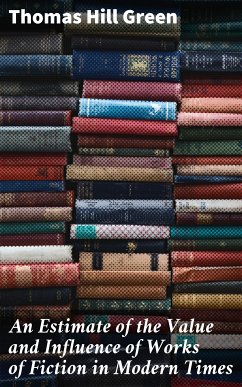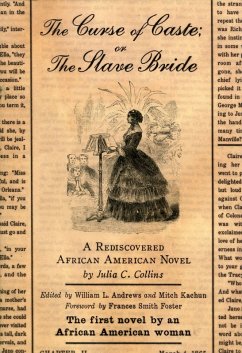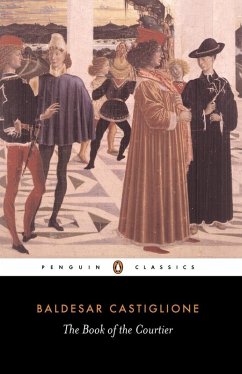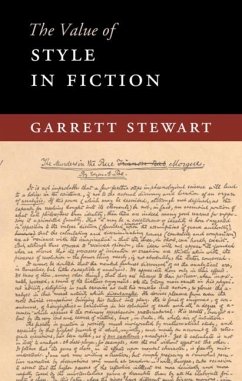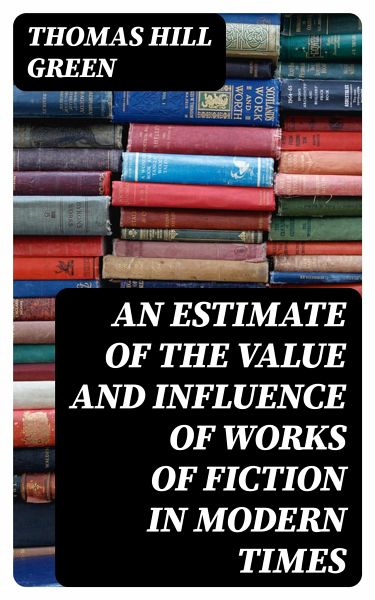
An Estimate of the Value and Influence of Works of Fiction in Modern Times (eBook, ePUB)

PAYBACK Punkte
0 °P sammeln!
In "An Estimate of the Value and Influence of Works of Fiction in Modern Times," Thomas Hill Green undertakes a rigorous analysis of the role that fictional literature plays in shaping moral and social consciousness. Distinctly philosophical in its approach, Green engages with a range of literary works, dissecting their impact on individual and societal values within the context of Victorian England. His writing style is both analytical and reflective, melding philosophical inquiry with literary criticism, which allows readers to appreciate the depth of fiction's influence in a time of conside...
In "An Estimate of the Value and Influence of Works of Fiction in Modern Times," Thomas Hill Green undertakes a rigorous analysis of the role that fictional literature plays in shaping moral and social consciousness. Distinctly philosophical in its approach, Green engages with a range of literary works, dissecting their impact on individual and societal values within the context of Victorian England. His writing style is both analytical and reflective, melding philosophical inquiry with literary criticism, which allows readers to appreciate the depth of fiction's influence in a time of considerable social transformation. Thomas Hill Green, a prominent figure in British idealism and a key philosopher of the late 19th century, brings to this work a profound understanding of ethics and society. His academic background, deeply rooted in the examination of human thought and morality, informs his exploration of literature as a medium for ethical development, opening a dialogue on how fiction serves not merely as escapism but as an essential vehicle for social advancement and personal growth. This book is an indispensable resource for scholars and literary enthusiasts alike, as it provokes critical reflections on the essential function of fiction in modern society. Green's insights resonate through time, encouraging contemporary readers to reconsider the value of the narratives we consume and their potential for shaping moral and ethical landscapes.
Dieser Download kann aus rechtlichen Gründen nur mit Rechnungsadresse in A, B, BG, CY, CZ, D, DK, EW, E, FIN, F, GR, H, IRL, I, LT, L, LR, M, NL, PL, P, R, S, SLO, SK ausgeliefert werden.




